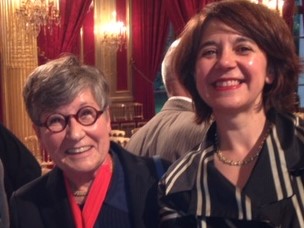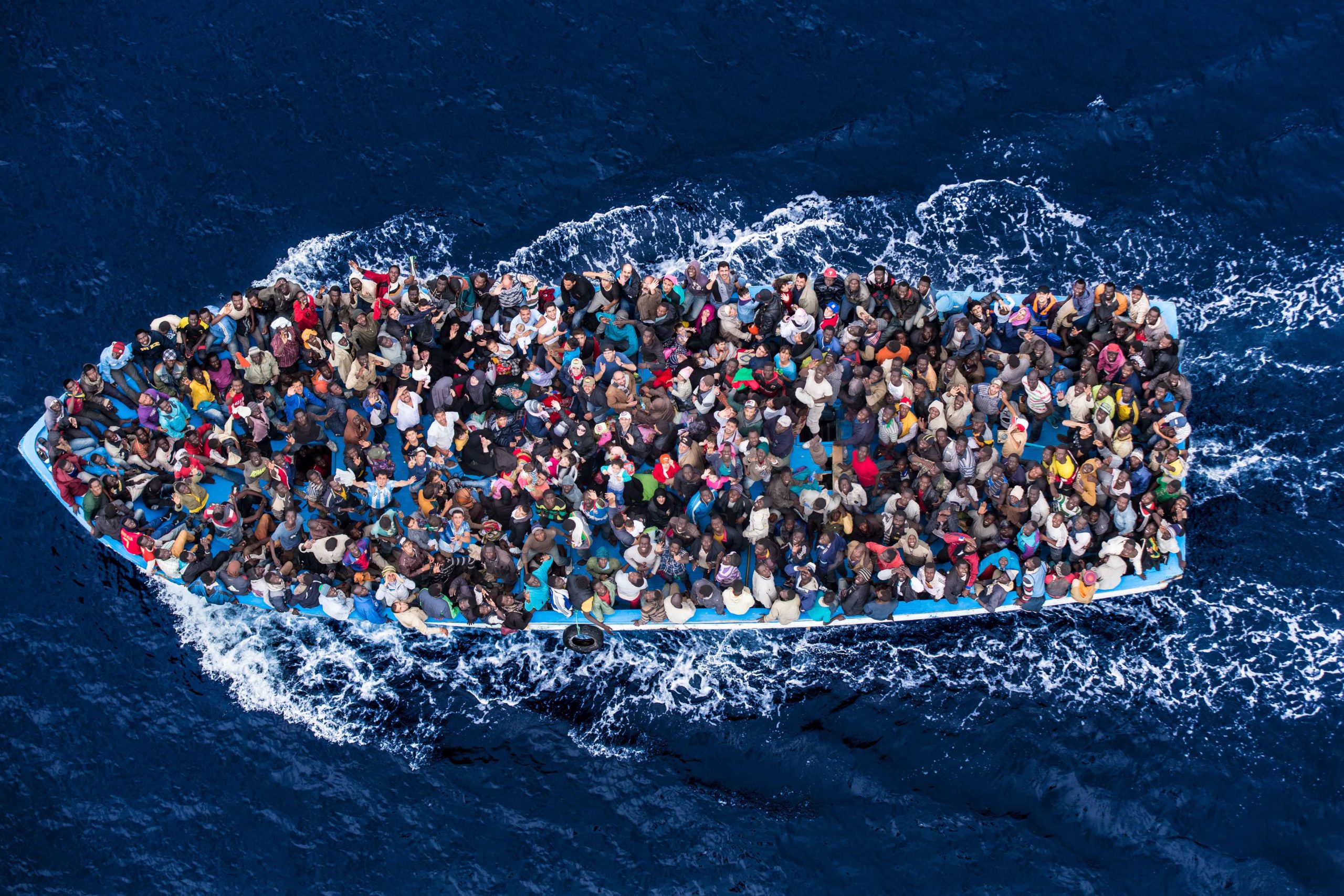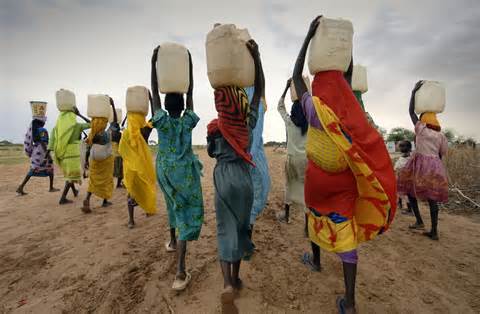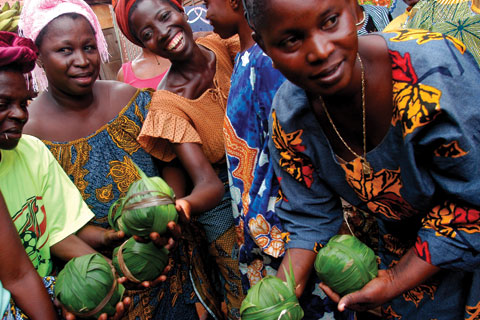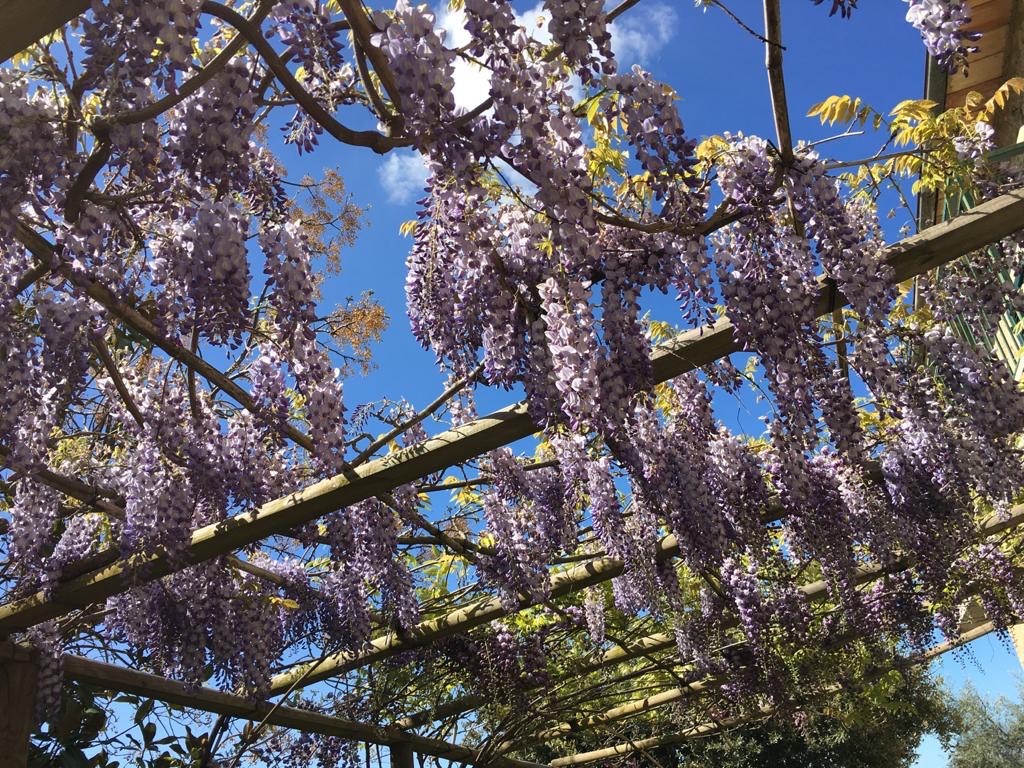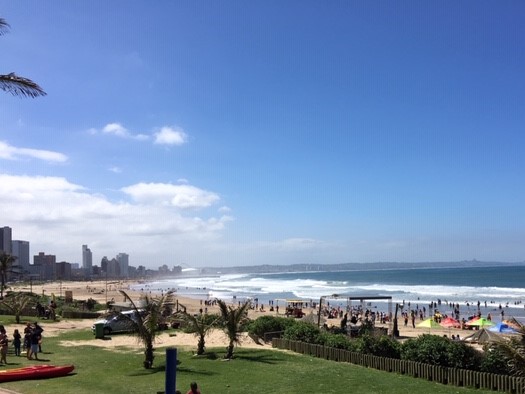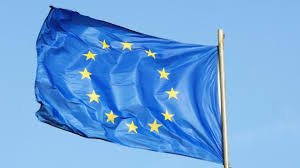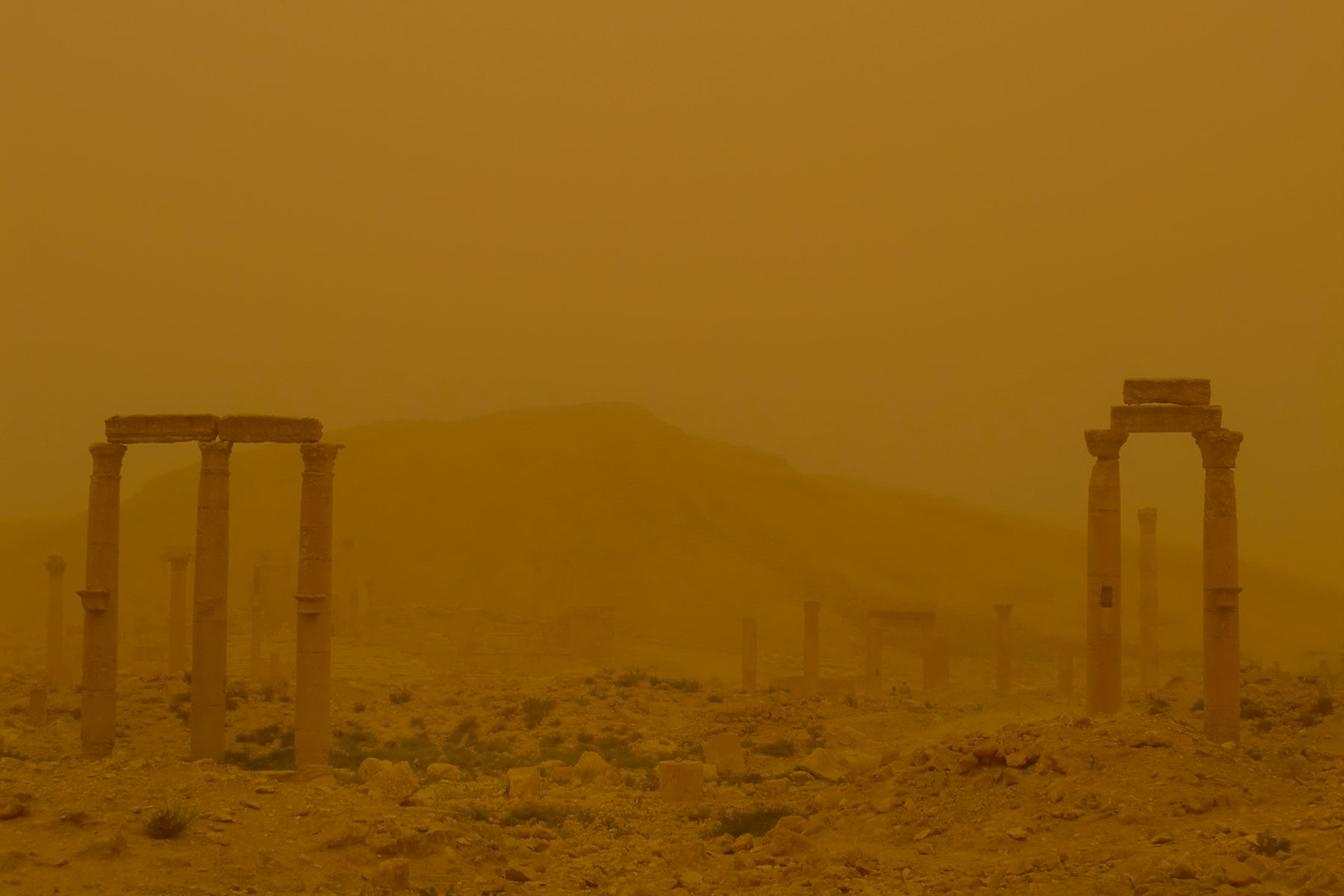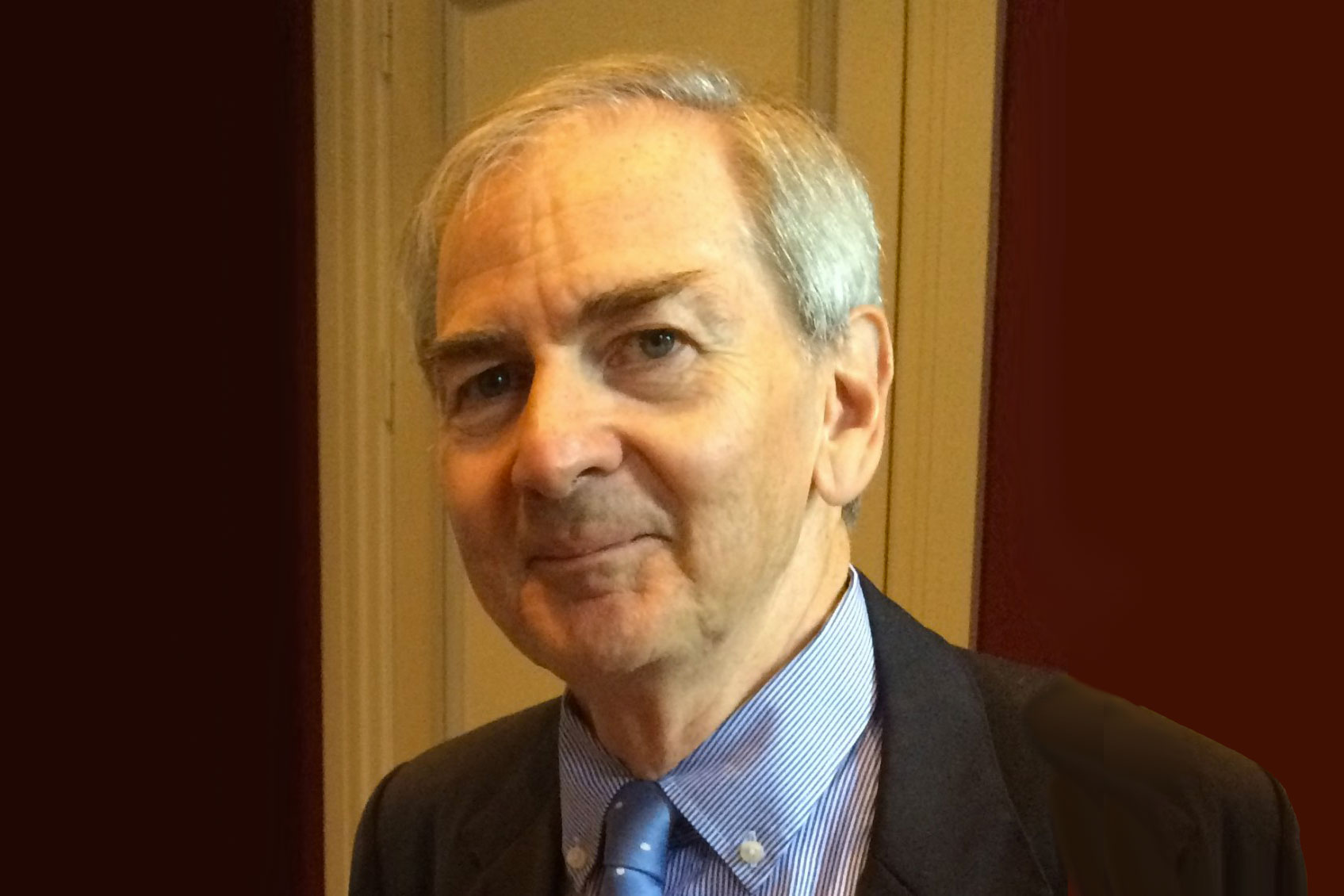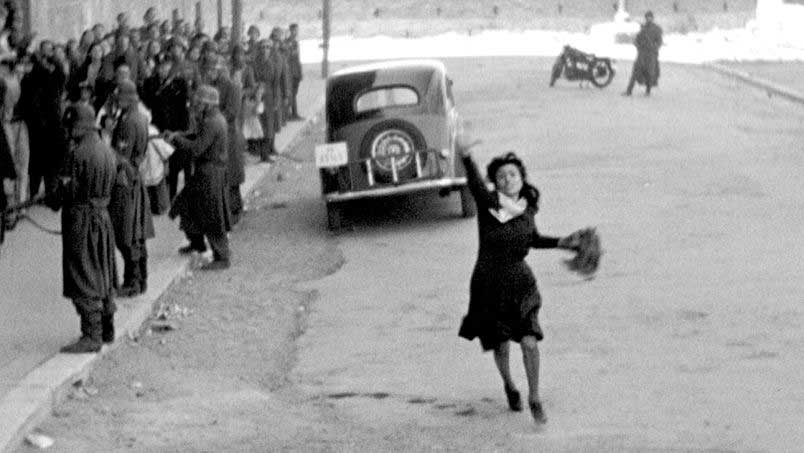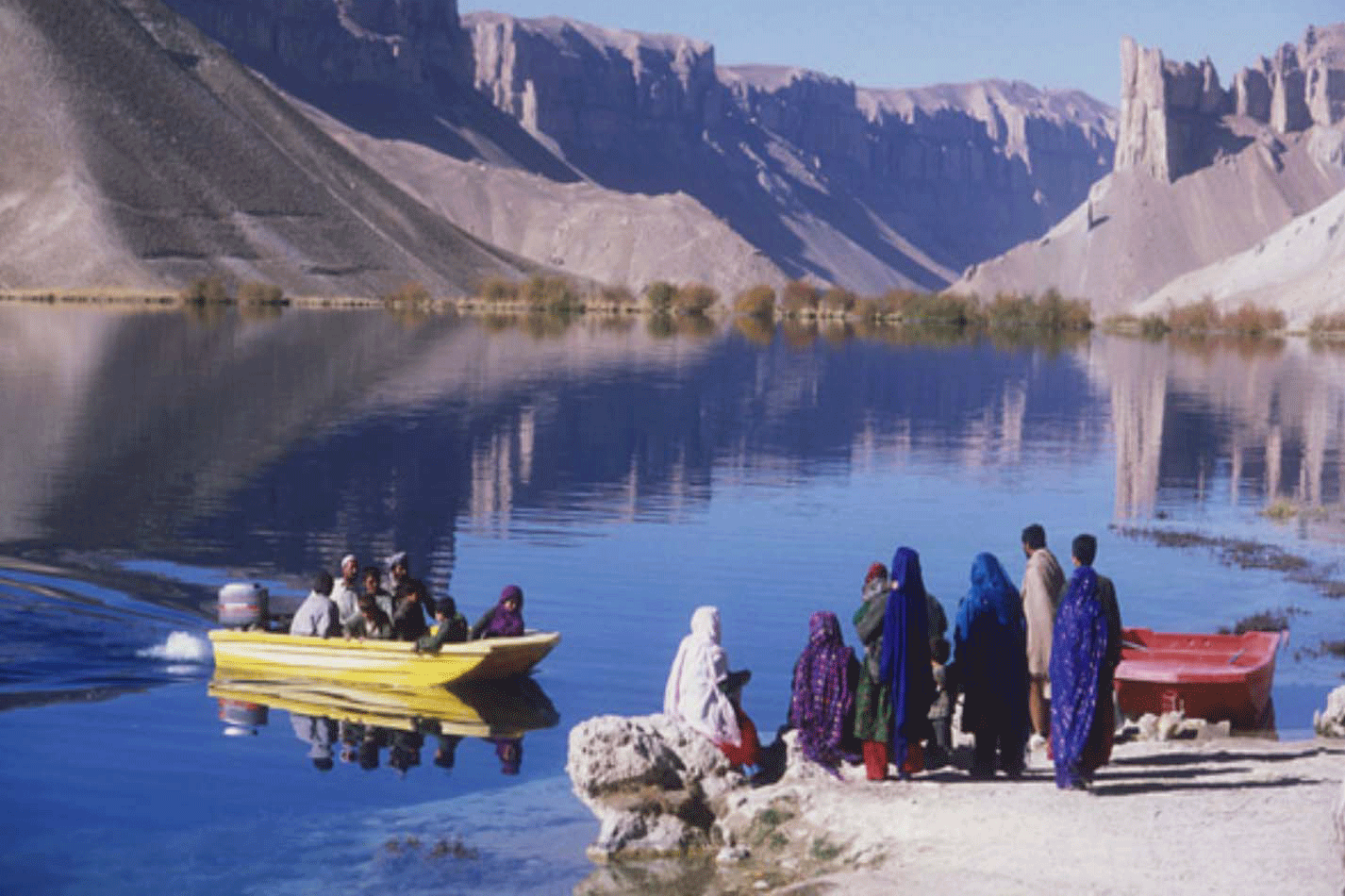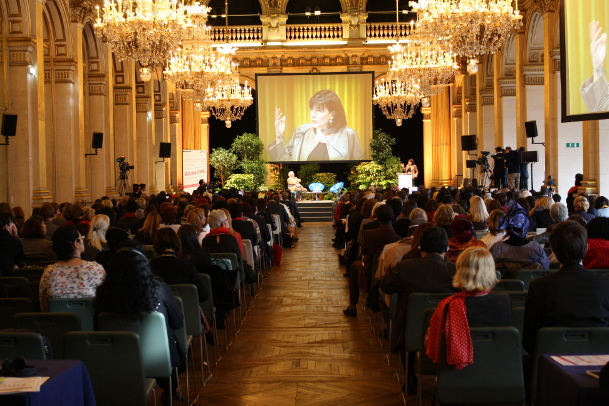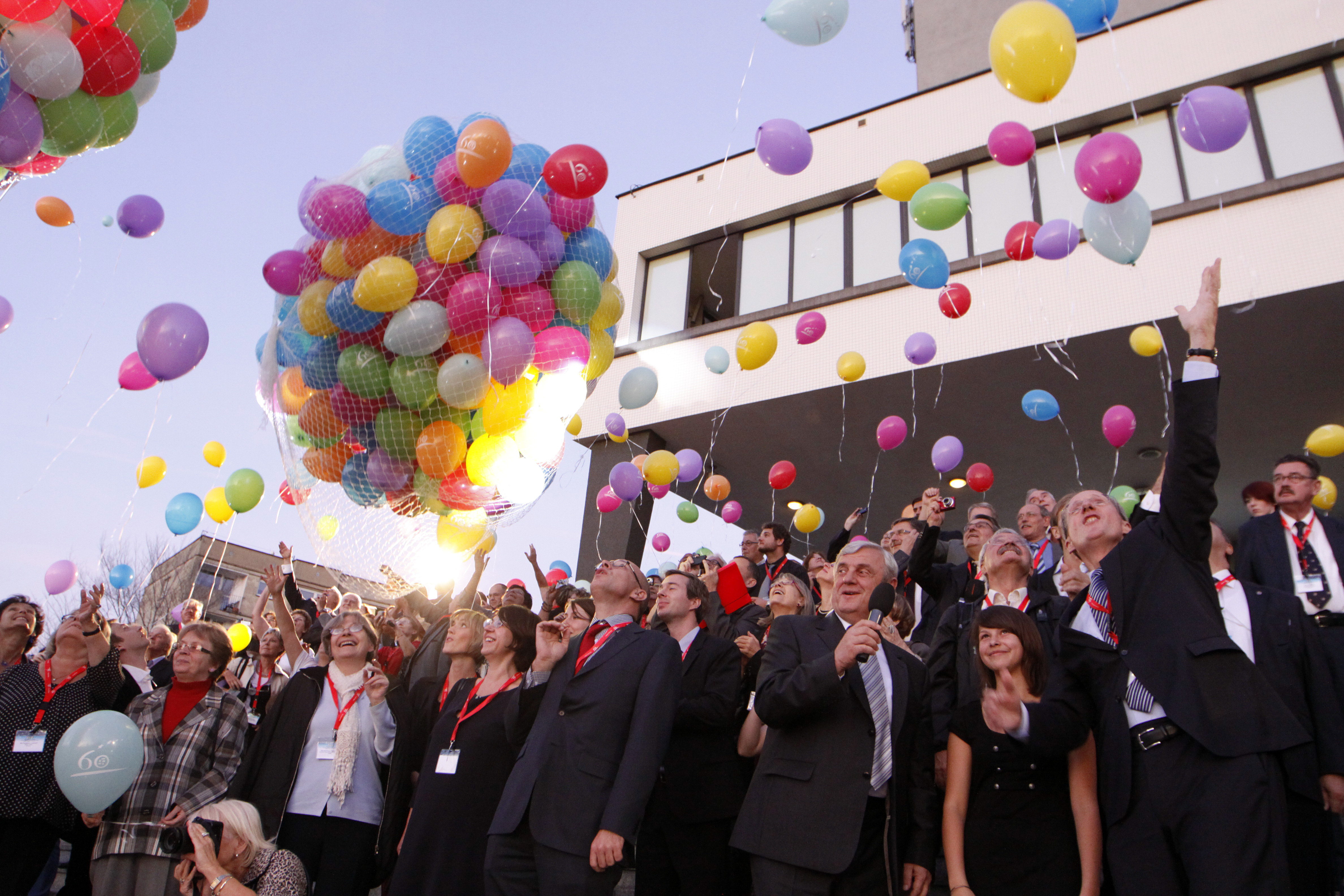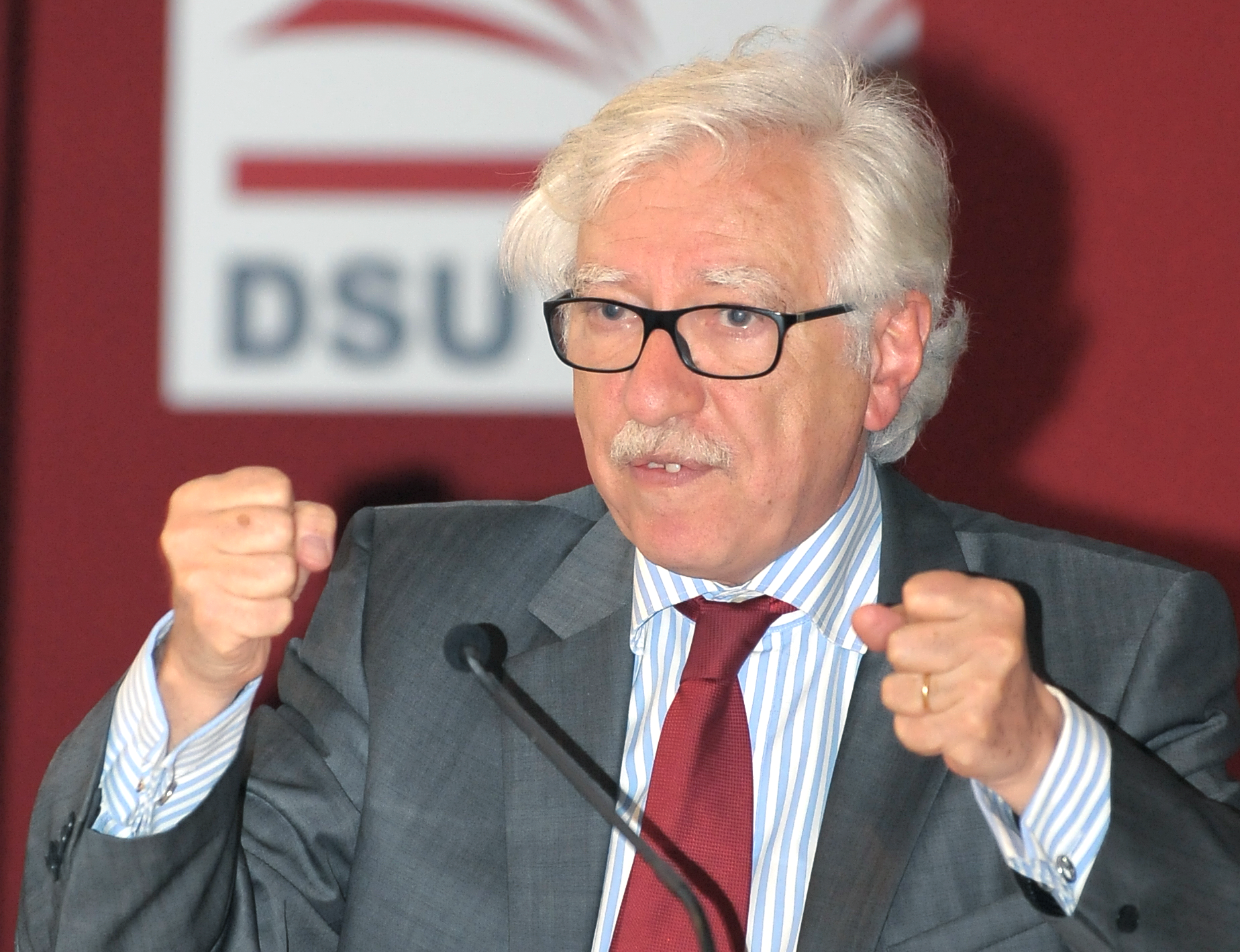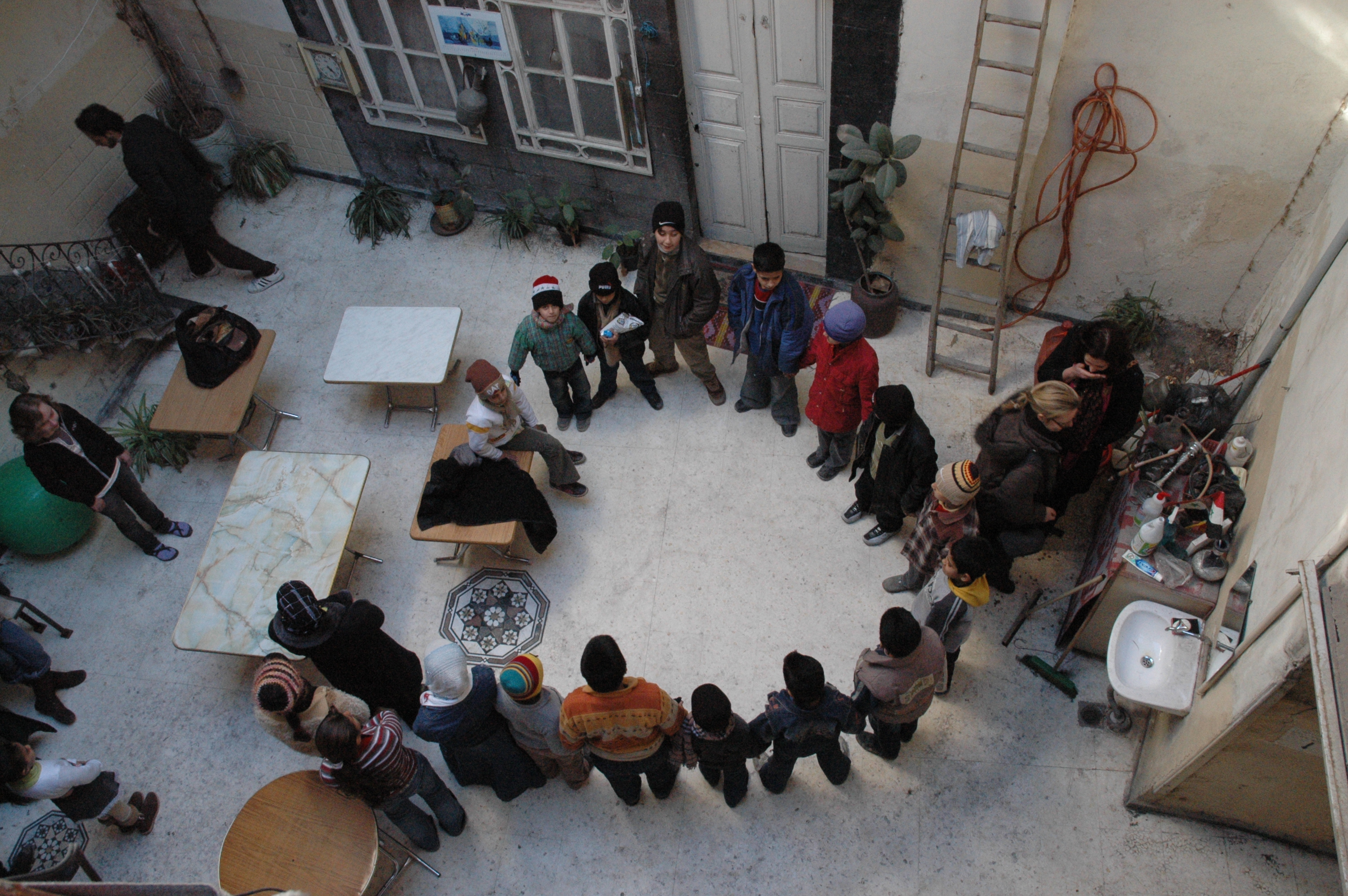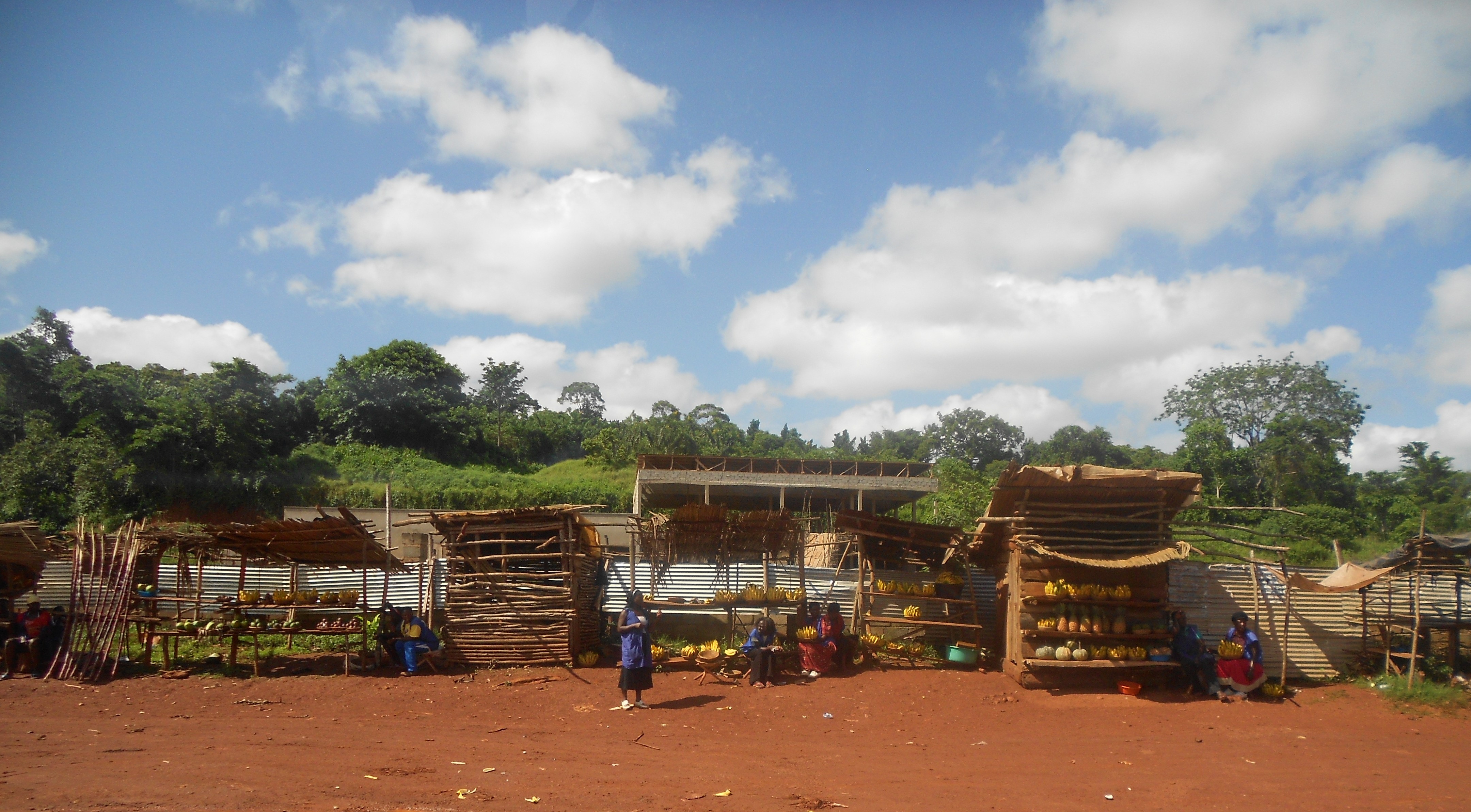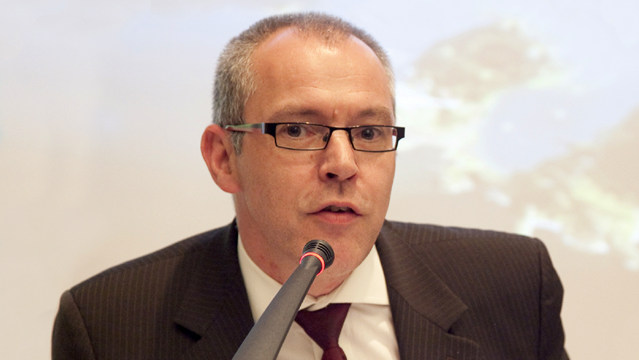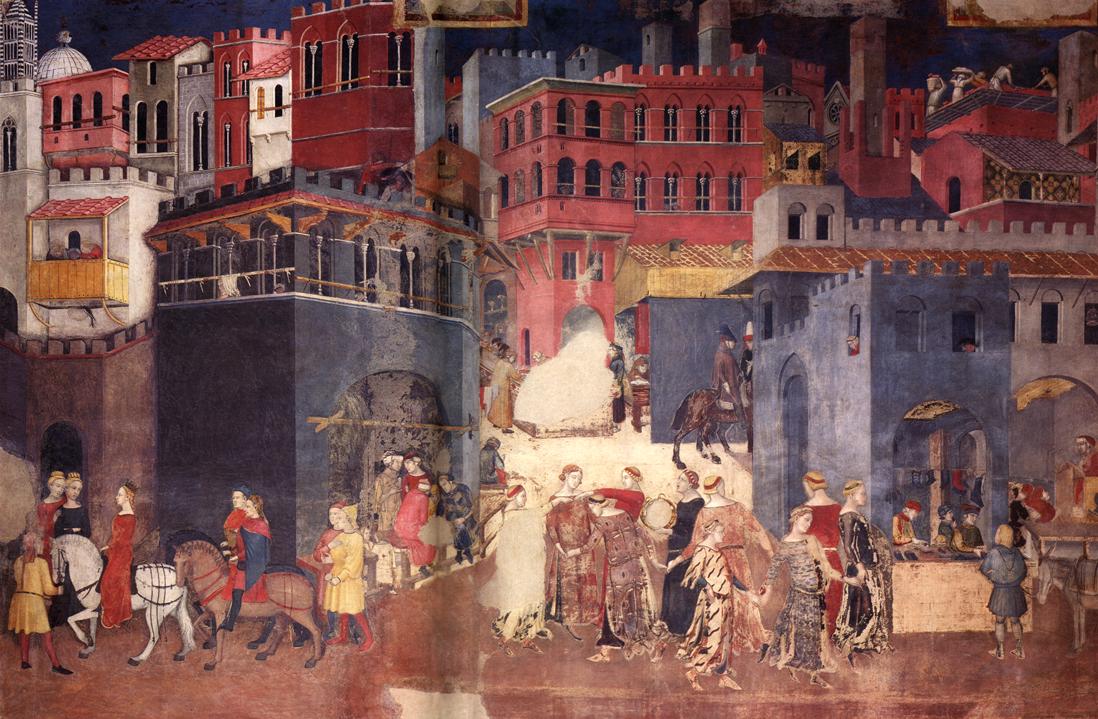West Africa: an Overview of the Associations of Local Authorities
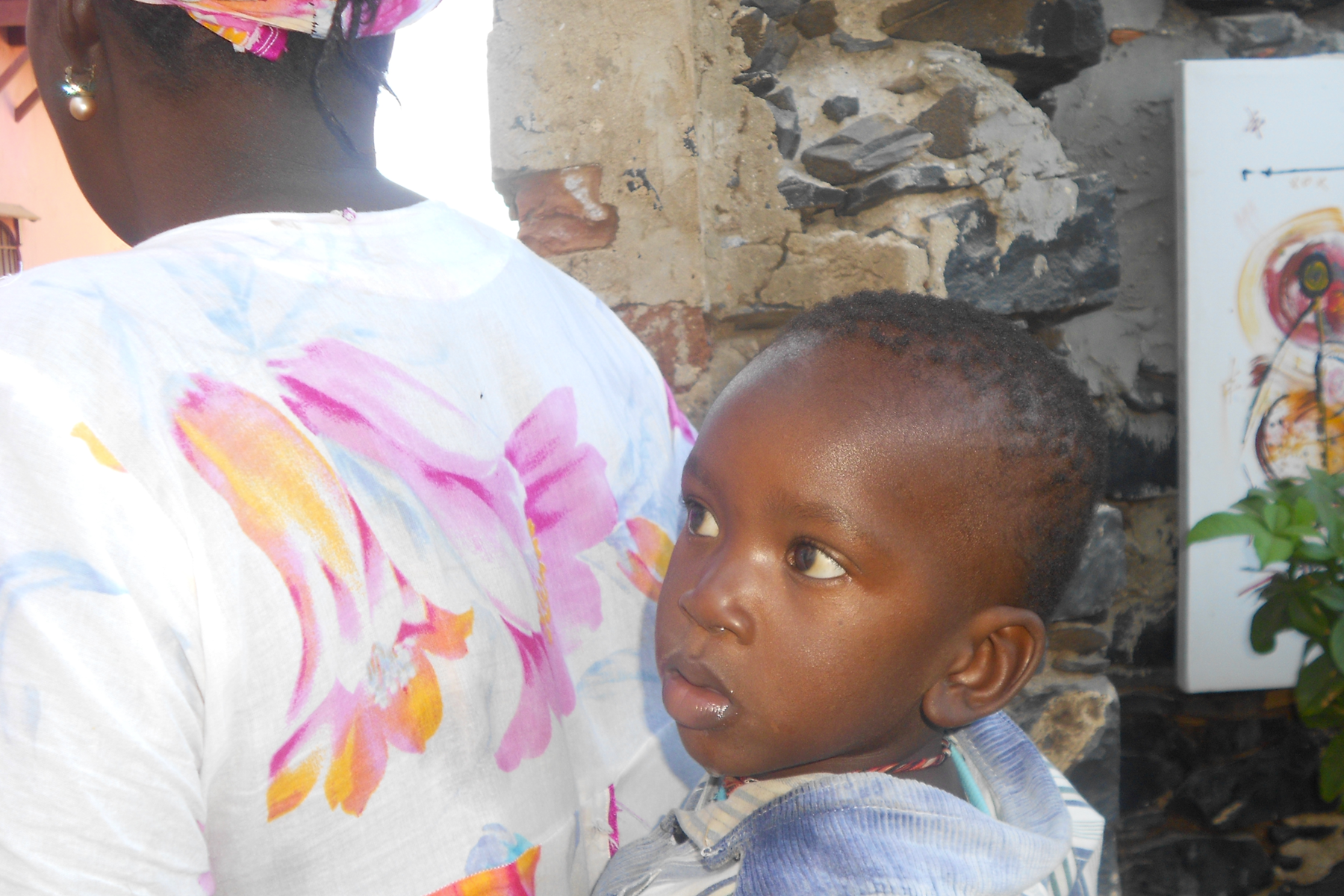
This was the subject of the study that I undertook as part of a project carried out by Platforma under the NSA-LA programme, which focused on the following countries in West Africa: Benin, Burkina Faso, Cape Verde, Gambia, Ghana, Guinea, Guinea-Bissau, Ivory Coast, Liberia, Mali, Mauritania, Niger, Nigeria, Senegal, Sierra Leone, Togo.
The study presents the structure, objectives and means of the national associations of local authorities in these countries – information that I was able to obtain with the help of association officials.
I would like to offer my sincere thanks for the very active collaboration of the leadership of these associations and especially their Presidents and Secretaries General, whose valuable contributions made this study possible. Unfortunately, I cannot mention them all here but I hope that those whom I wish to thank will understand my message.
My thanks also go out to my colleagues at UCLG and UCLG Africa, whose hard task it was to put together and then validate all the information in order to include the data in the Global Report on local authority associations, which is to be submitted to the European Commission.
Listed below are the national associations that were the focus of our survey:
- Benin: Benin National Municipalities Association
- Burkina Faso: Burkina Faso Municipalities Association
- Cape Verde: National Association of Mayors of Cape Verde
- Gambia: Gambia Association of Local Government Authorities
- Ghana: National Association of Local Authorities of Ghana
- Guinea: National Association of Municipalities of Guinea
- Guinea-Bissau: Installation Commission of the Association of Local Authorities
- Ivory Coast: Union of Cities and Municipalities of Ivory Coast
- Mali: Mali Municipalities Association
- Mauritania: Association of Mayors of Mauritania
- Niger: Association of Municipalities of Niger
- Senegal: Union of Associations of Local Elected Officials of Senegal
- Sierra Leone: Local Councils Association of Sierra Leone
- Togo: Union of Municipalities of Togo
During my interviews and discussions with association officials, I was able to observe firsthand the environment and working conditions – very difficult – as well as the devotion of the association representatives to their mission of strengthening local authorities, regardless of the blatant lack of financial and human resources.
There are common threads that make up the reality of these associations: legislation and a situational context that are hardly conducive to decentralisation, the inability of members (volontary) to meet their obligations of paying membership fees, the shortage of financial and therefore human resources, the need for training at all levels.
The survey highlighted the huge amount of work that remains to be done to help these associations in a zone where decentralisation remains more of a promise than the reality. The constitutional texts of most of these countries provide for the implementation of a decentralisation process but, very often, it is never acted upon owing to political circumstances and to shortcomings in the legislative framework.
In most cases, membership in these associations is on a voluntary basis, but members do not always have the means to contribute to bringing the association to life as an independent and efficient structure. The budgets of these associations are too small. The secretariats consist of a few people, without access to adequate work resources in the face of substantial and manifold needs.
Given this situation, it is understandable that African associations of local authorities have high hopes pinned on international donors, particularly the European Union. These expectations concern not only financial aid but support in terms of knowledge and expertise as well.
Following the publication of its Communication in May 2013 on the role of local authorities in development cooperation and good governance, the European Commission has now put decentralisation at the top of the European policy agenda for development aid. We have reached a turning point in the creation of a new development model based on local governance and aid effectiveness.
However, decentralisation is a question of political will which is mainly dependent upon central governments, who are not always inclined to relinquish part of their powers and competences, and especially to confer the financially resources necessary for that purpose. The actors on the ground, the elected representatives and association officials all have a major role to play in the dialogue with the Central State and need to be supported in this effort. International movements such as UCLG as well as AIMF, CLGF, etc. are instruments devoted to nurturing this process. As such, it is encouraging that the European Commission has at last acknowledged their role and has established a strategic partnership with these international networks so that they might better fulfil their mission.
Given the dynamics of this new openness of the European Union regarding its development policy, it was interesting to note while I was carrying out the survey that several national associations have opened a dialogue with European Union delegations in their country and that, for them, it was a question of benefitting from EU support for their operations. This also marks progress that attests to the willingness of the European Union to give concrete support to local governance in Africa and to its proponents, the associations of local authorities.
This new strategic framework should and will contribute to the strengthening of the African national associations. The African Section of UCLG, UCLGA, led by Jean Pierre Elong Mbassi (who played a crucial role in the process that secured recognition of local authorities as actors in development) will have a vital mission in this regard and will be a significant centre of resources for African associations and their member local and regional authorities.
The issues of material assistance and training are most likely a high priority for the African associations of local authorities. All the actors and donors at all levels – elected representatives and experts, men and women, from all countries, and especially Europe – can all do their bit to contribute.
With a population that is expected to more than double by 2050, reaching more than two billion inhabitants, half of whom will be under 25 years of age, Africa faces unheard of structural challenges. Its changing demographics presents an opportunity for economic growth but it will also upset the territorial balance, as a report published this year by the African Development Bank reminds us (1) . Since 2000, human development levels in Africa have been constantly improving and 17 out of 52 countries have reached an intermediary or high level of development. However, poverty rates remain very high and progress in terms of health, education and income has been very uneven. Huge inequalities between countries and within a country persist, as well as between women and men.

Development in Africa must therefore involve local development.
Needs are substantial but, as Jean Pierre Elong M’bassi stated in an RFI broadcast (2), “Local authorities are not a threat to the States (...). Decentralisation in Africa is the answer to the populations’ growing calls for social participation (…). The States are now beginning to understand the interest of decentralisation…, which is now underway”.
The Member States of the African Union adopted the “African Charter on Values and Principles of Decentralisation, Local Governance and Local Development” in June 2014. This Charter, taking its inspiration from the European Charter on Local Self-Government (3), represents a huge step forward for local governance in Africa and good governance in and of itself.
I am writing this article prior to Africities, a unique gathering for African local elected representatives and officials that is being held at the end of the year in November in Johannesburg. I attended Africities for the first time in 2012, in Dakar: I was impressed by the amazing organisation and the huge number of participants, but especially by the insightful quality of discussions and the enthusiasm shown in the debates. This is the spirit prevailing in the construction of the Africa of tomorrow! It is a dynamic environment for the associations of local authorities in Africa, in spite of the difficult challenges they face. Decentralisation is underway in Africa and cannot be stopped. Contributions and support must be provided so that the promises can become a reality.
1)African Economic Outlook, published in conjunction with the 50th Annual Meetings of the African Development Bank Group
2)Radio show hosted by Alain Foka on Radio France International with Jean-Pierre Elong Mbassi, Secretary General of UCLG Africa, which was broadcast on 1st December 2012.
3)The European Charter on Local Self-Government was launched by the Council of Europe in 1985, following its adoption by the Congress of Local and Regional Authorities of Europe, and went into effect in 1988. This Charter was the first multilateral legal instrument to ensure a guarantee by the Member States of the Council of Europe of the principle of subsidiarity, a principle according to which local authorities couldo manage and control a significant part of public affairs in the interest of the local population and under their own responsibility.




 All news
All news
